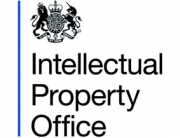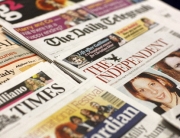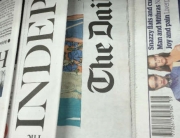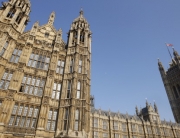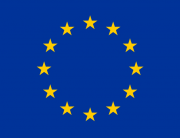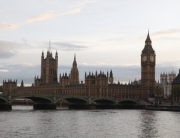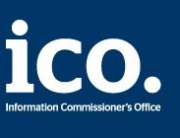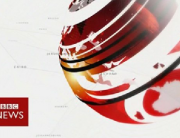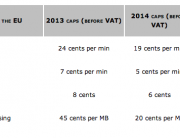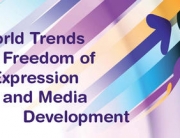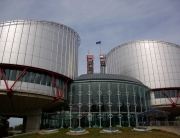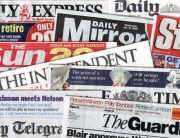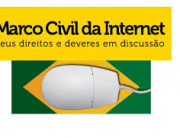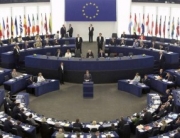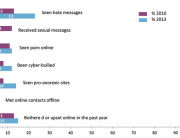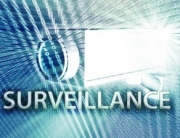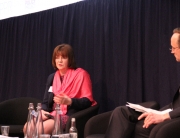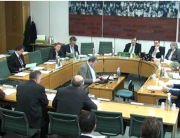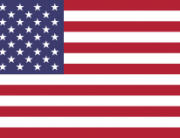In a report published this week Index on Censorship concludes that if Brazil wants to take a role as an influential digital rights leaders it will depend on key decisions made towards improving their freedom of expression record in the the coming months.
The report, “Brazil: A new global internet referee?” examines challenges and threats to online freedom of expression in Brazil and its increasing role in internet governance debates. Despite growing connectivity and access to the Internet, Brazil has made international headlines for trying to regulate and censor content and for issuing high levels of takedown demands.
According to Melody Patry, Index’s Senior Advocacy Officer and author of the report, “digital technologies have provided new opportunities for freedom of expression in the country, but have also come with new attempts to regulate content and strong inequalities between those with and without access to the internet. Old problems like violence against journalists, media concentration and the influence of local political leaders over judges and other public agents persist.”
Brazil’s new Marco Civil bill signed into law on 23 April 2014 included a firm commitment to net neutrality and online freedom of expression and stricter privacy standards to fight surveillance, but it remains to be seen whether Brazil can live up to these commitments. The report also looks at how Brazil can address significant inequality in digital access.


